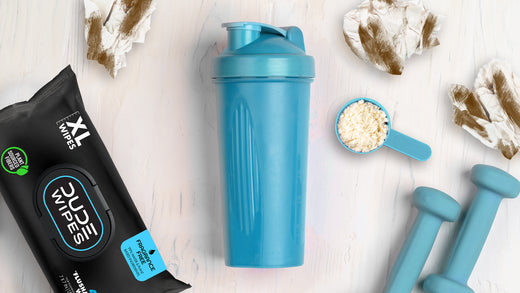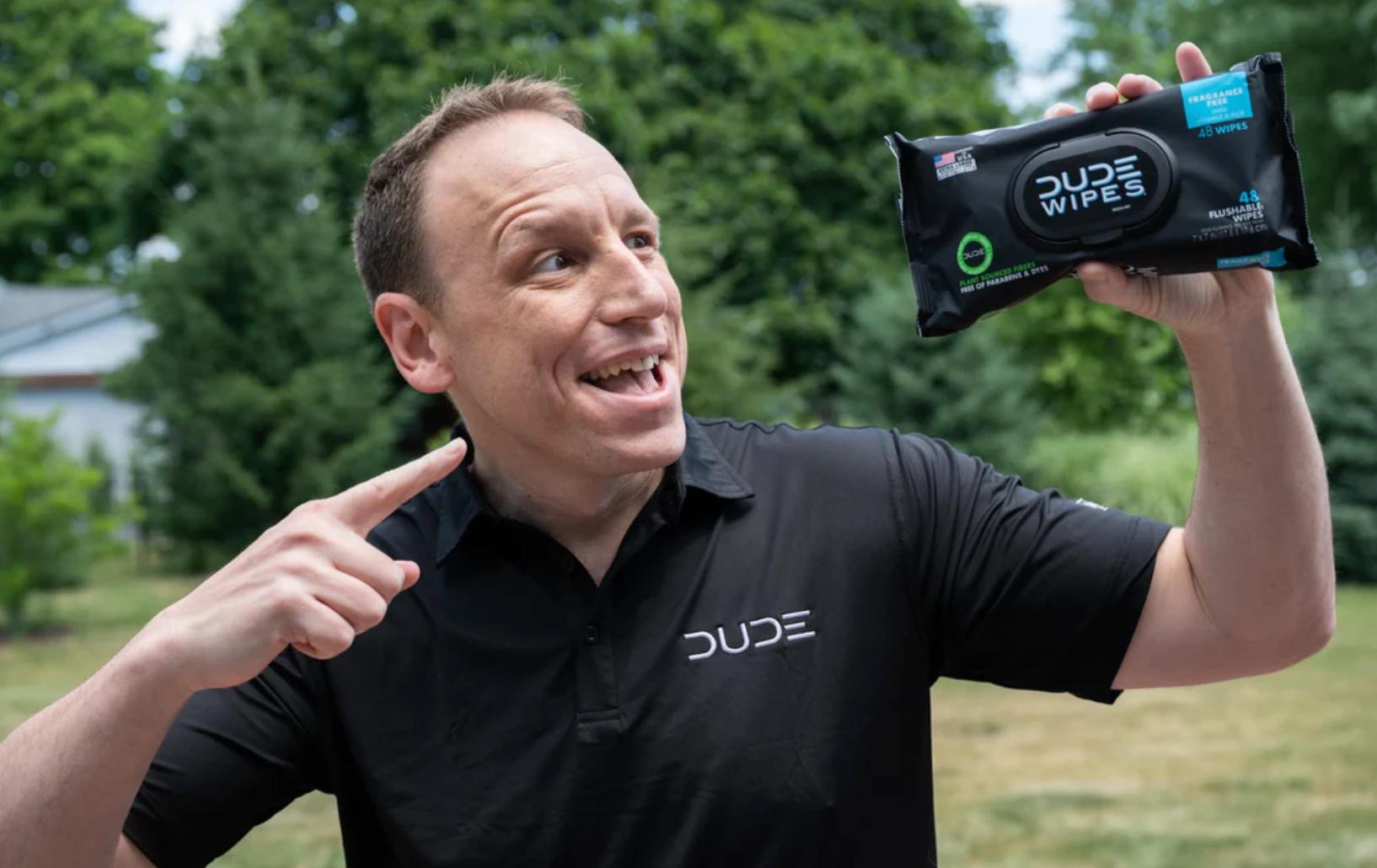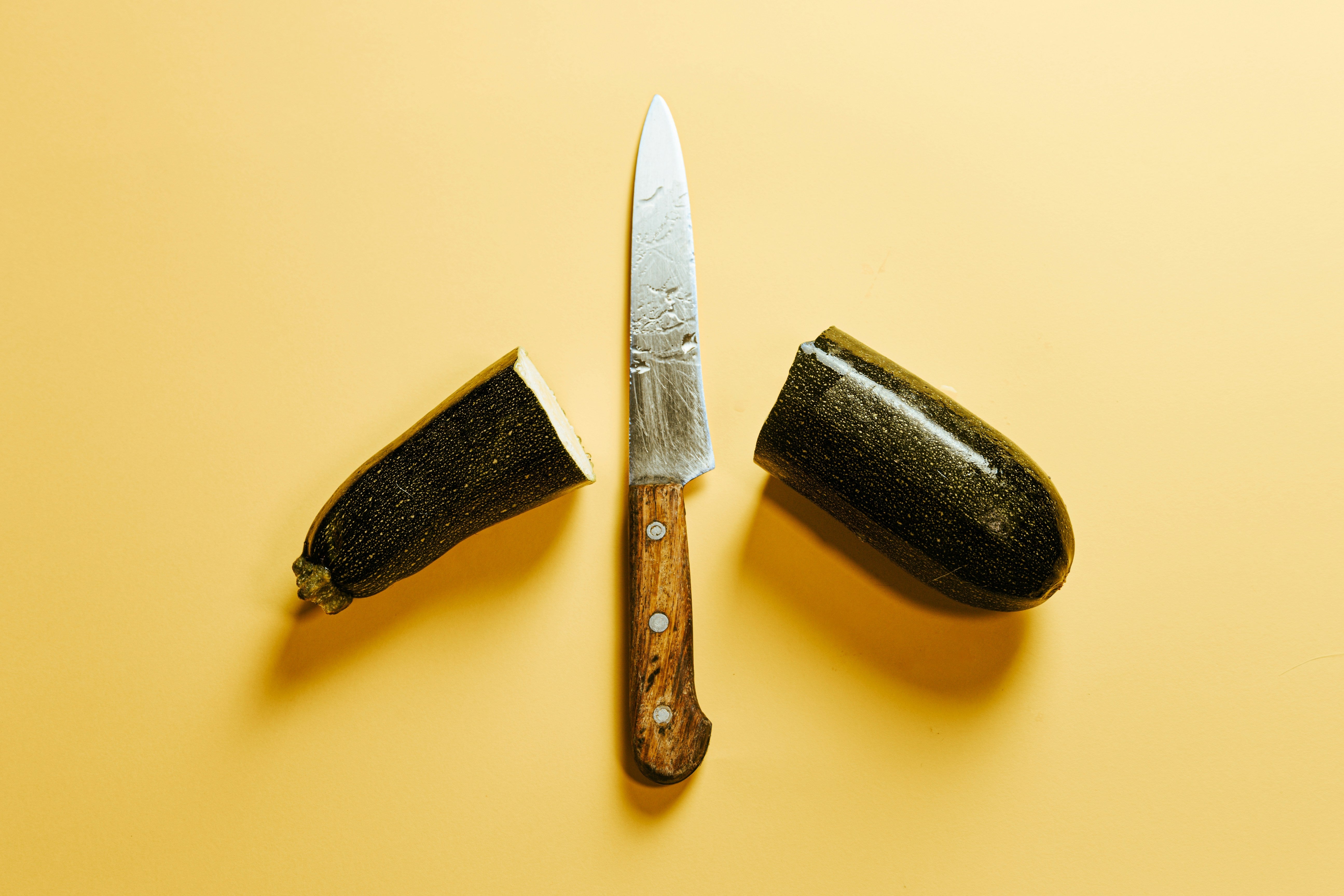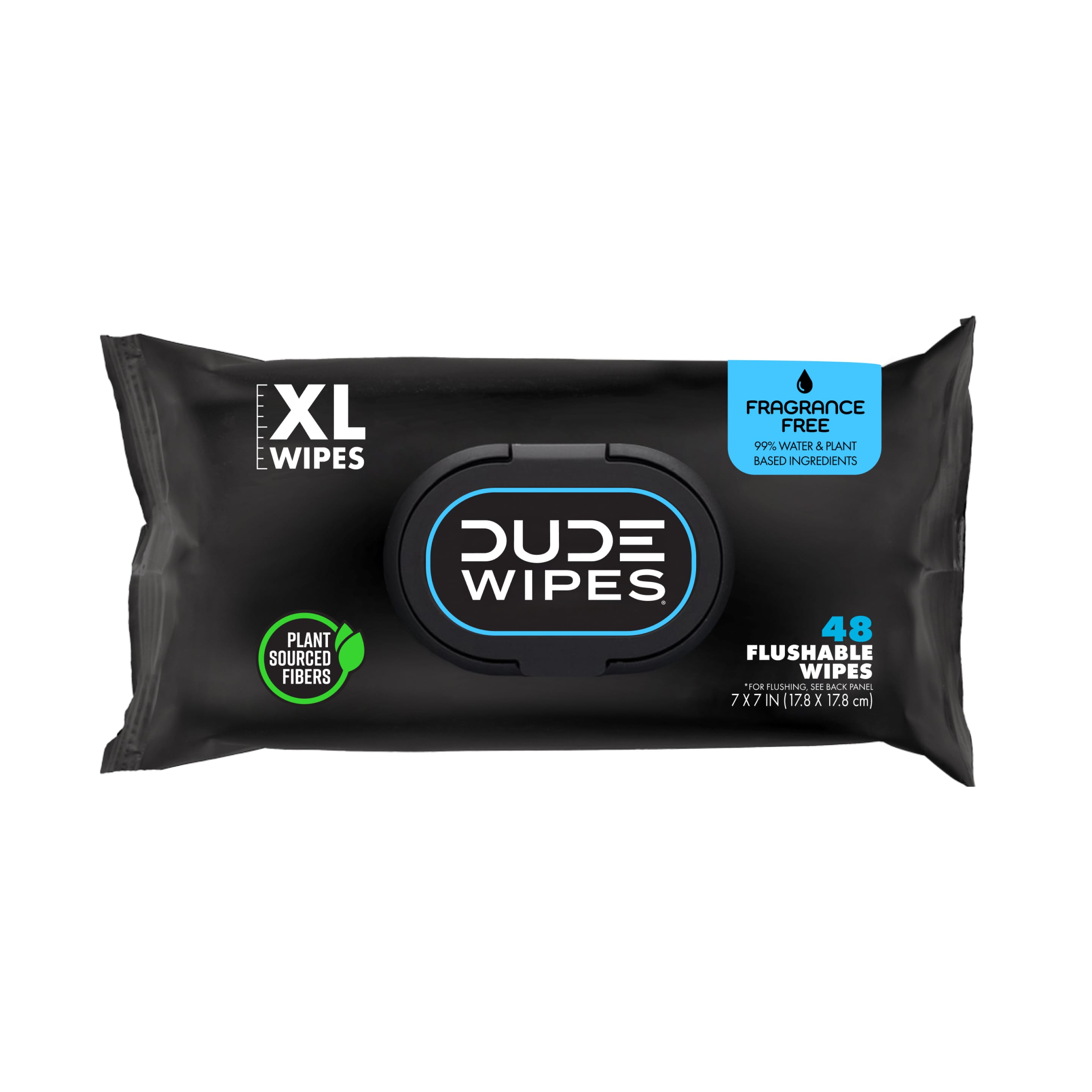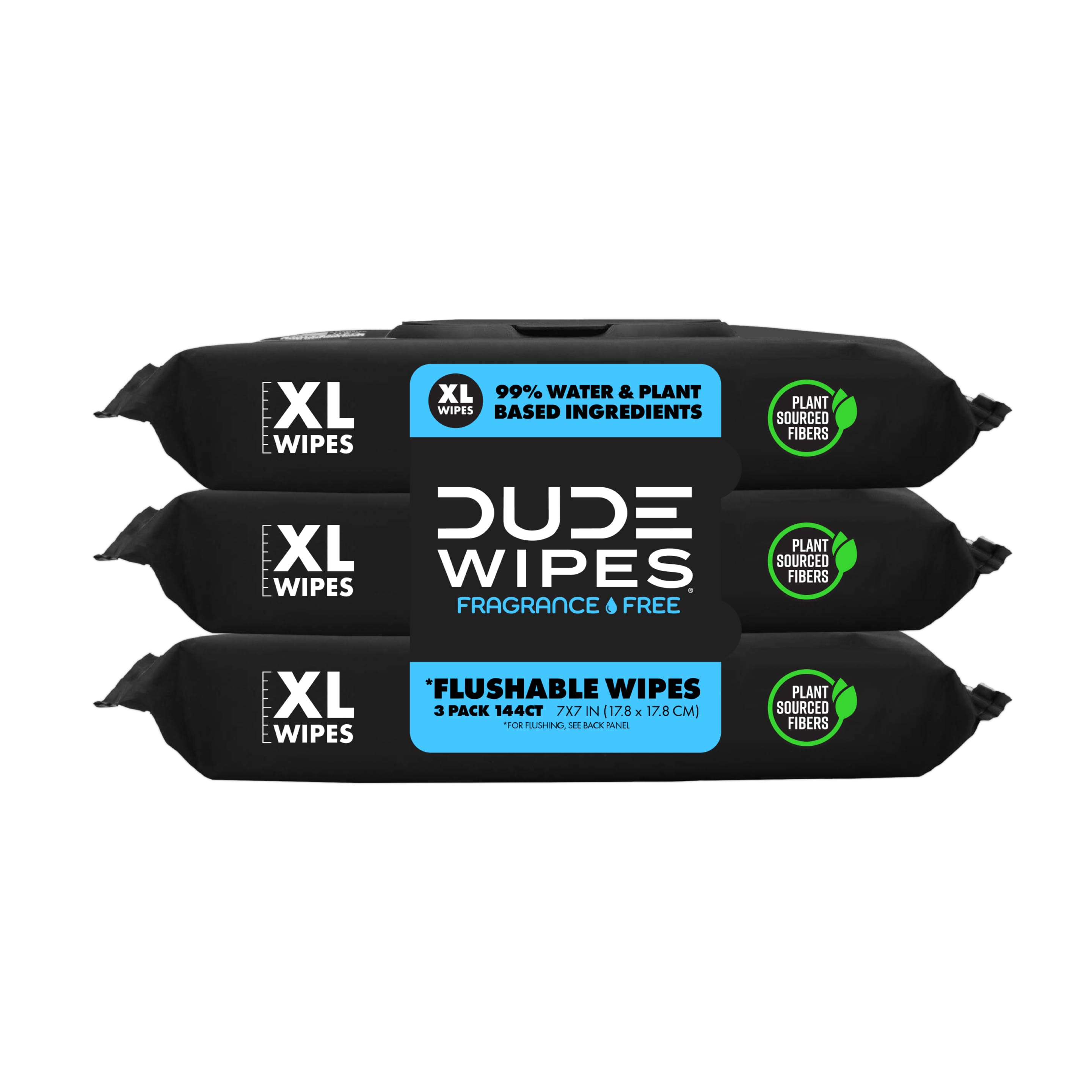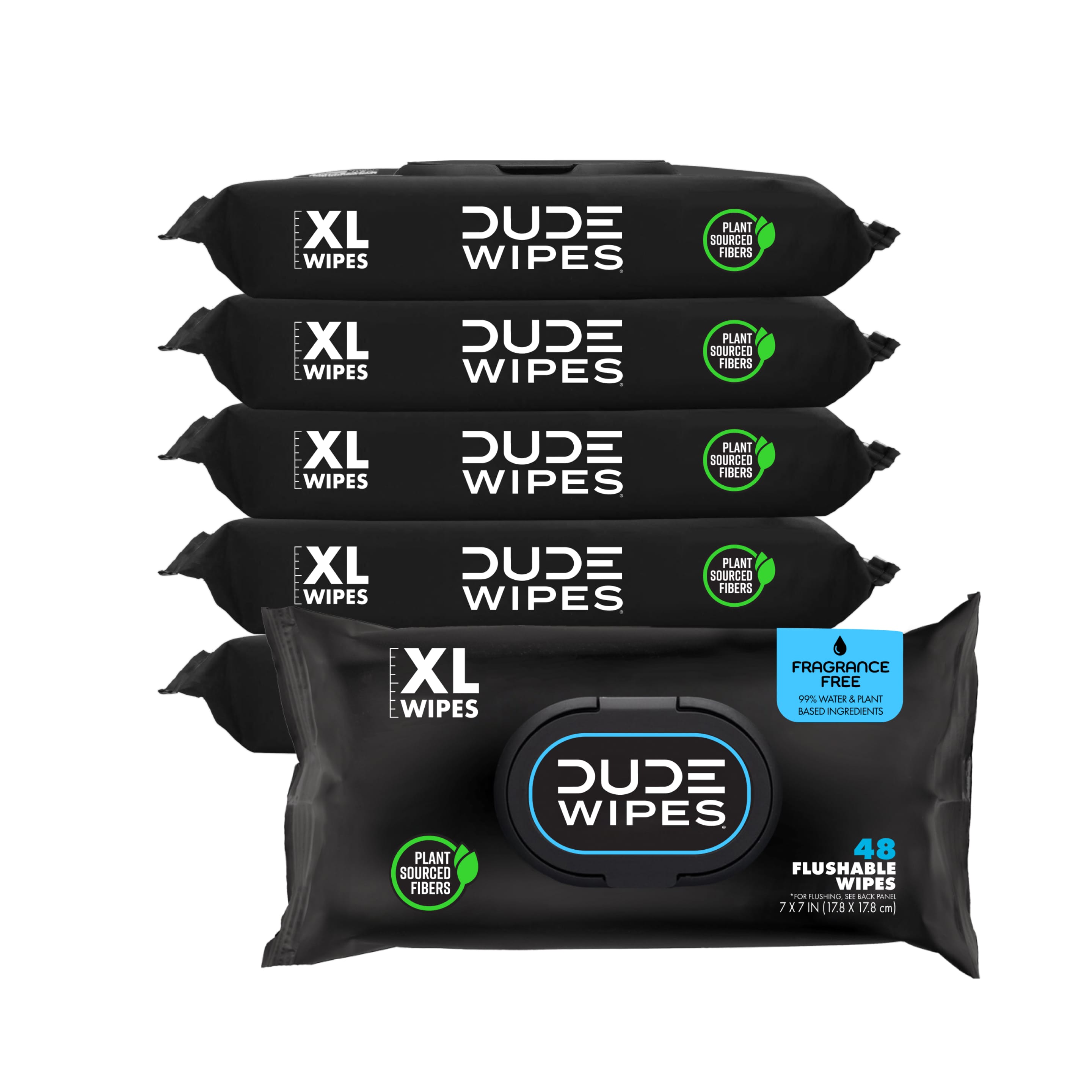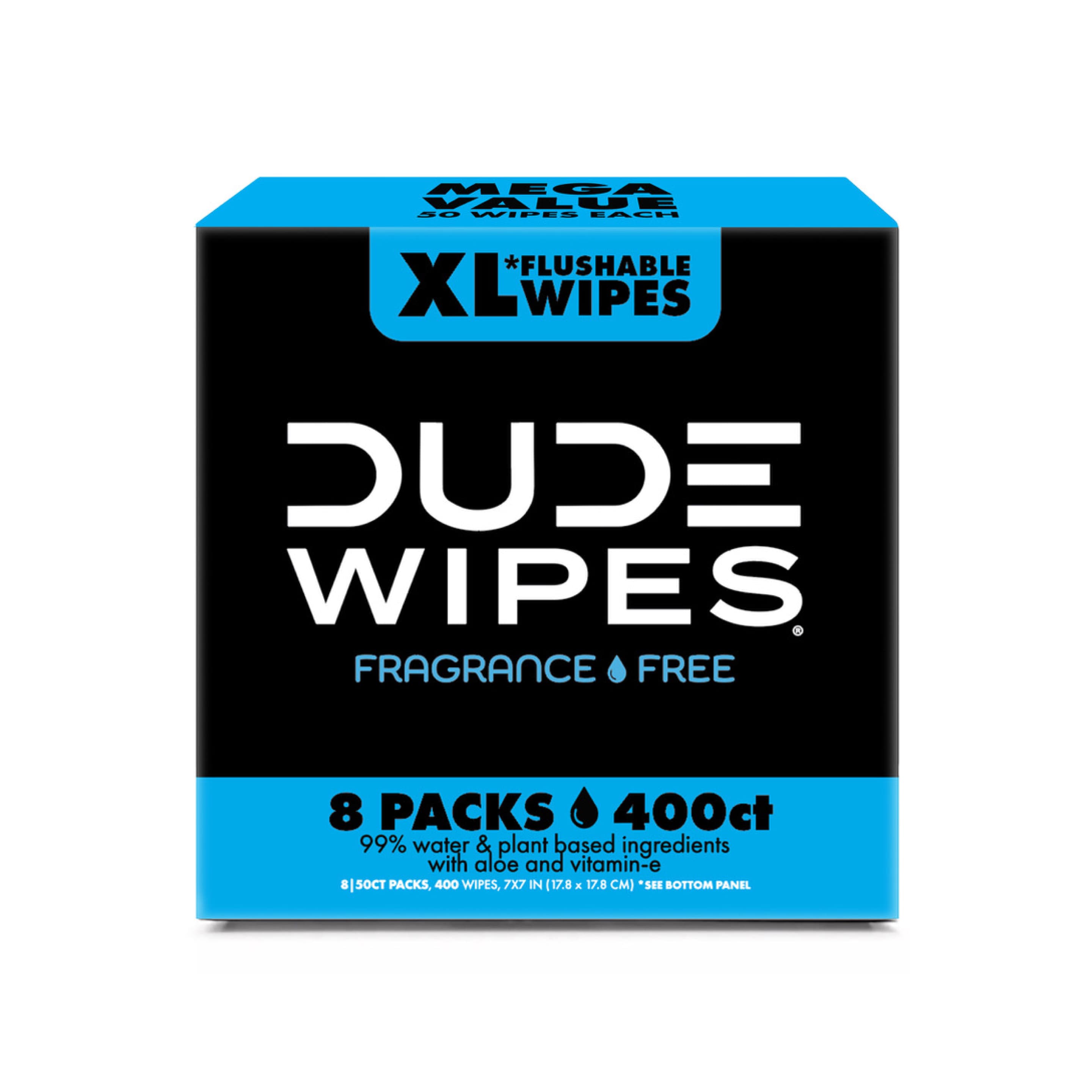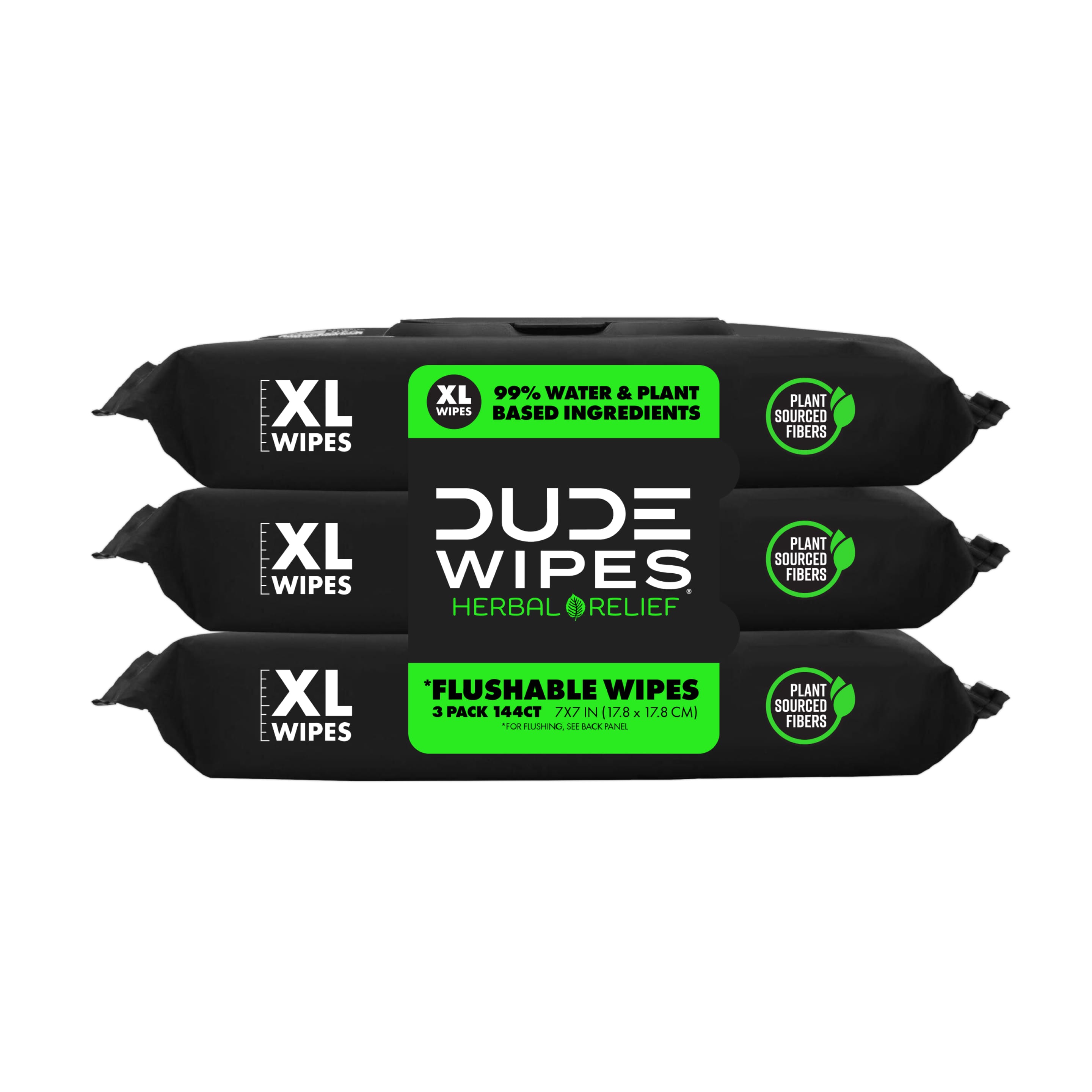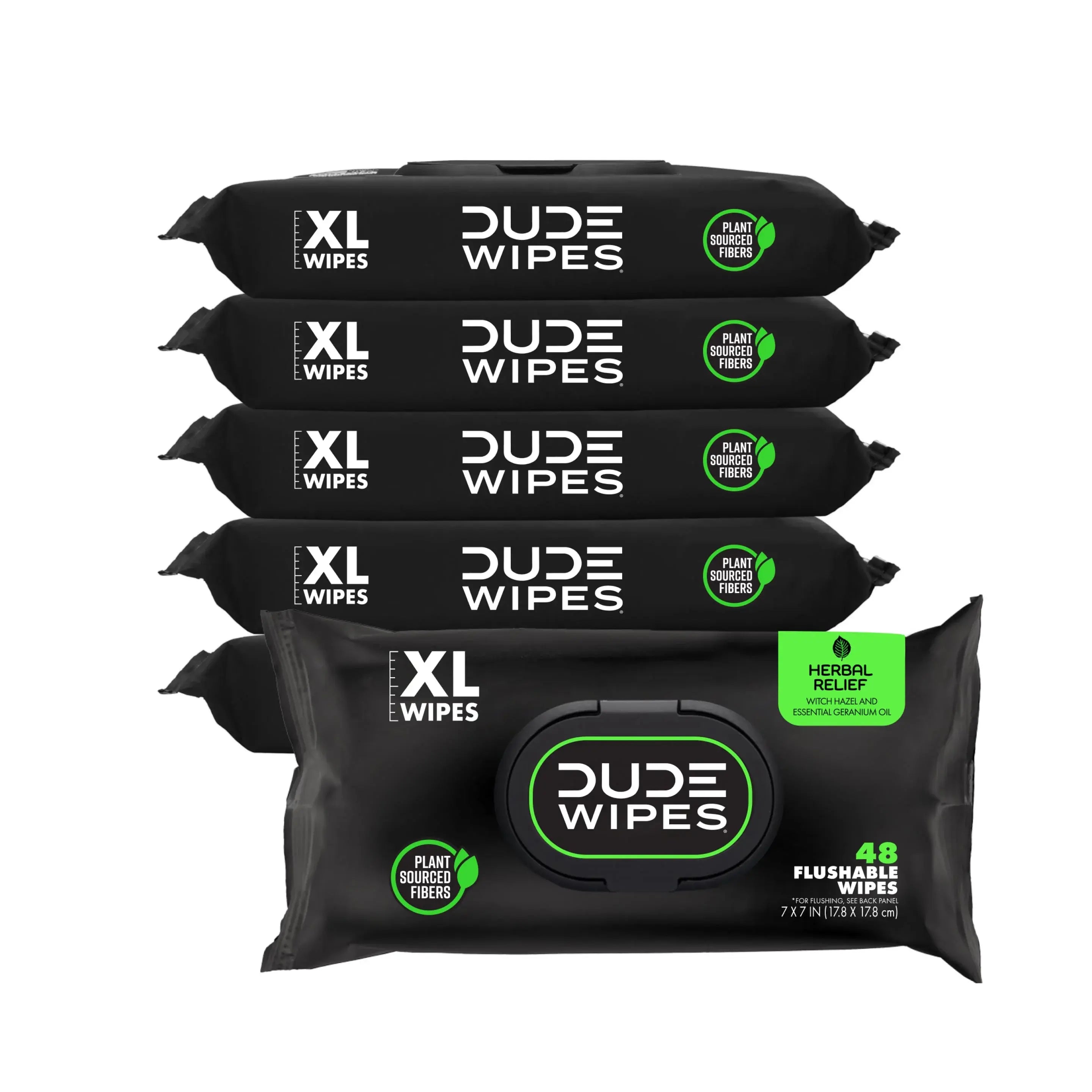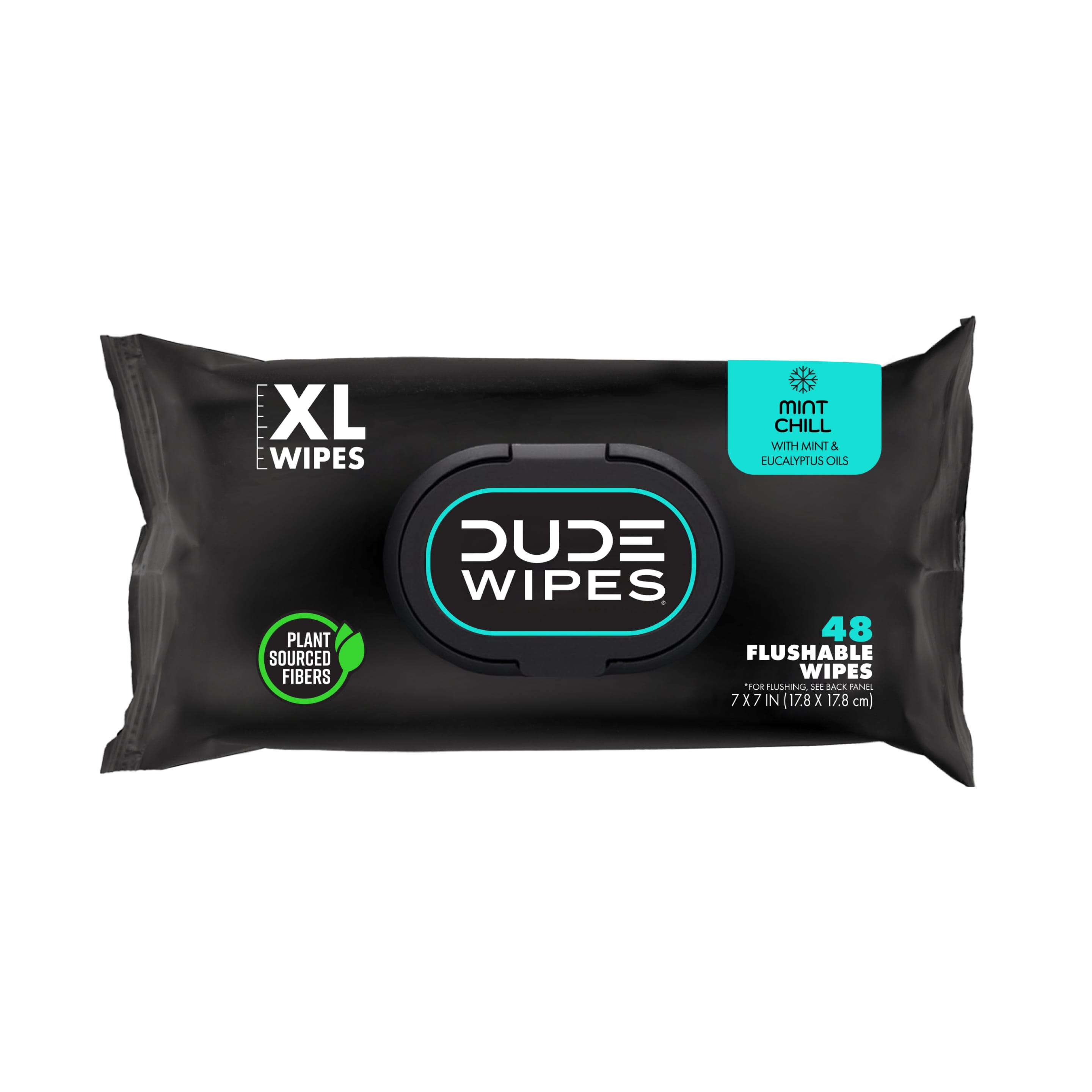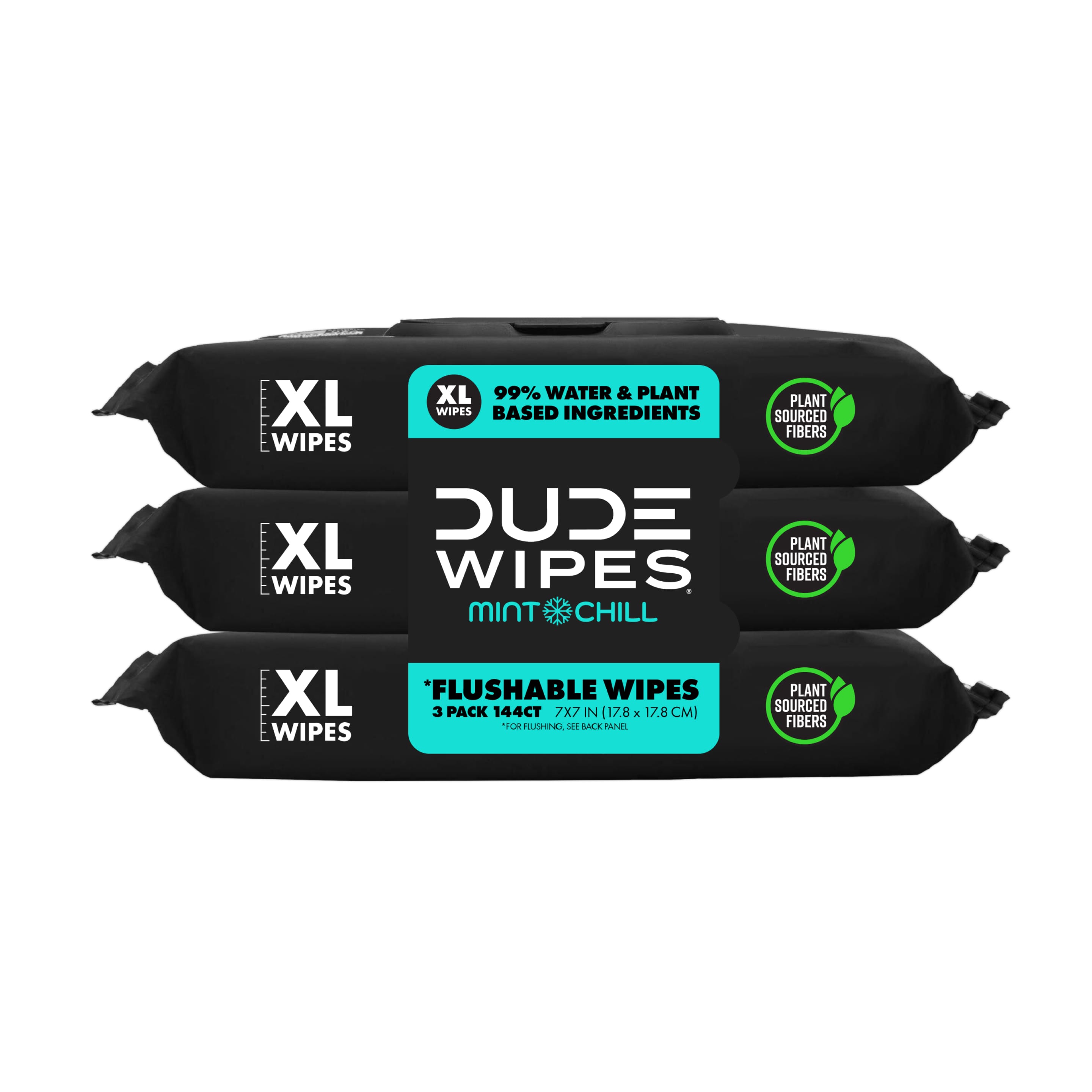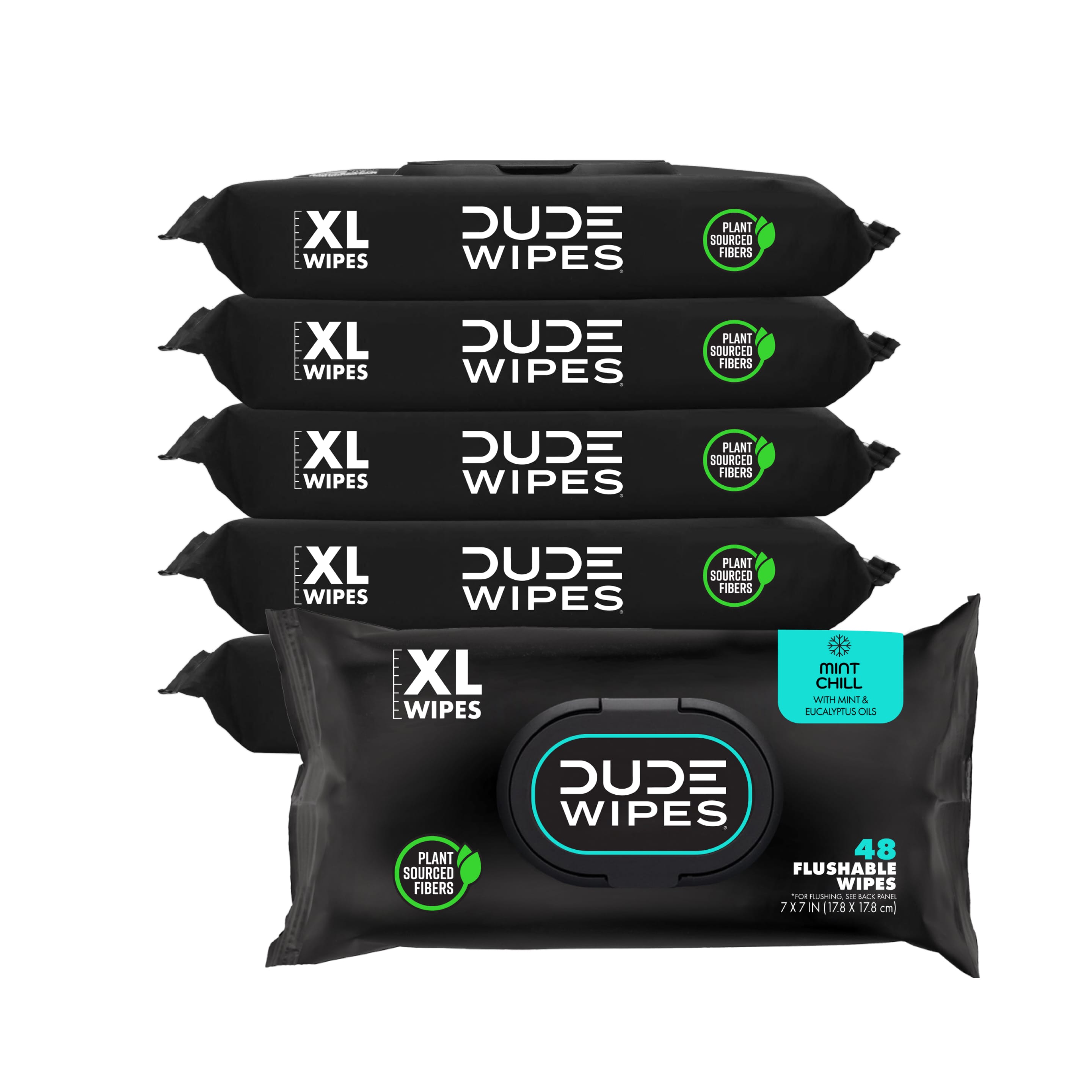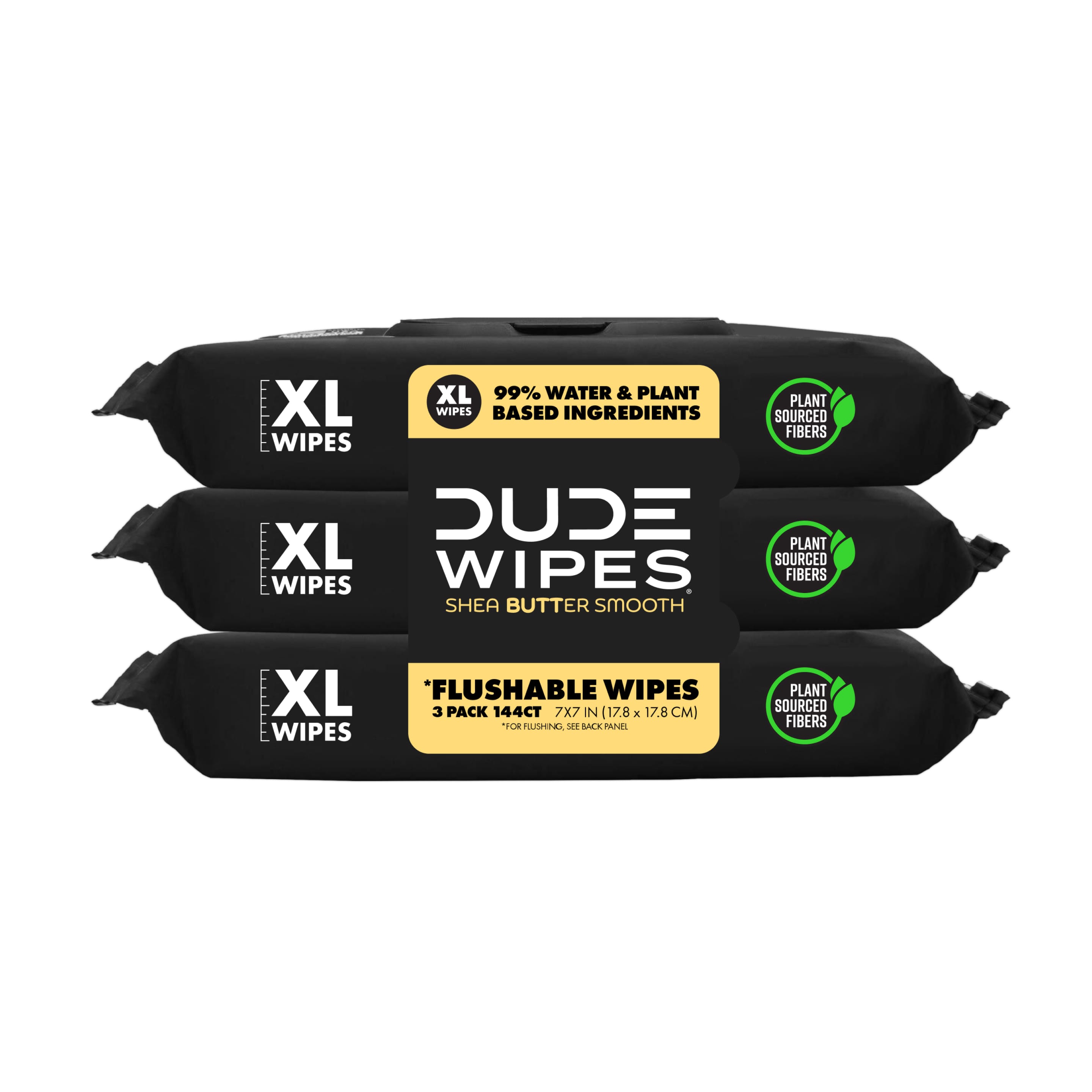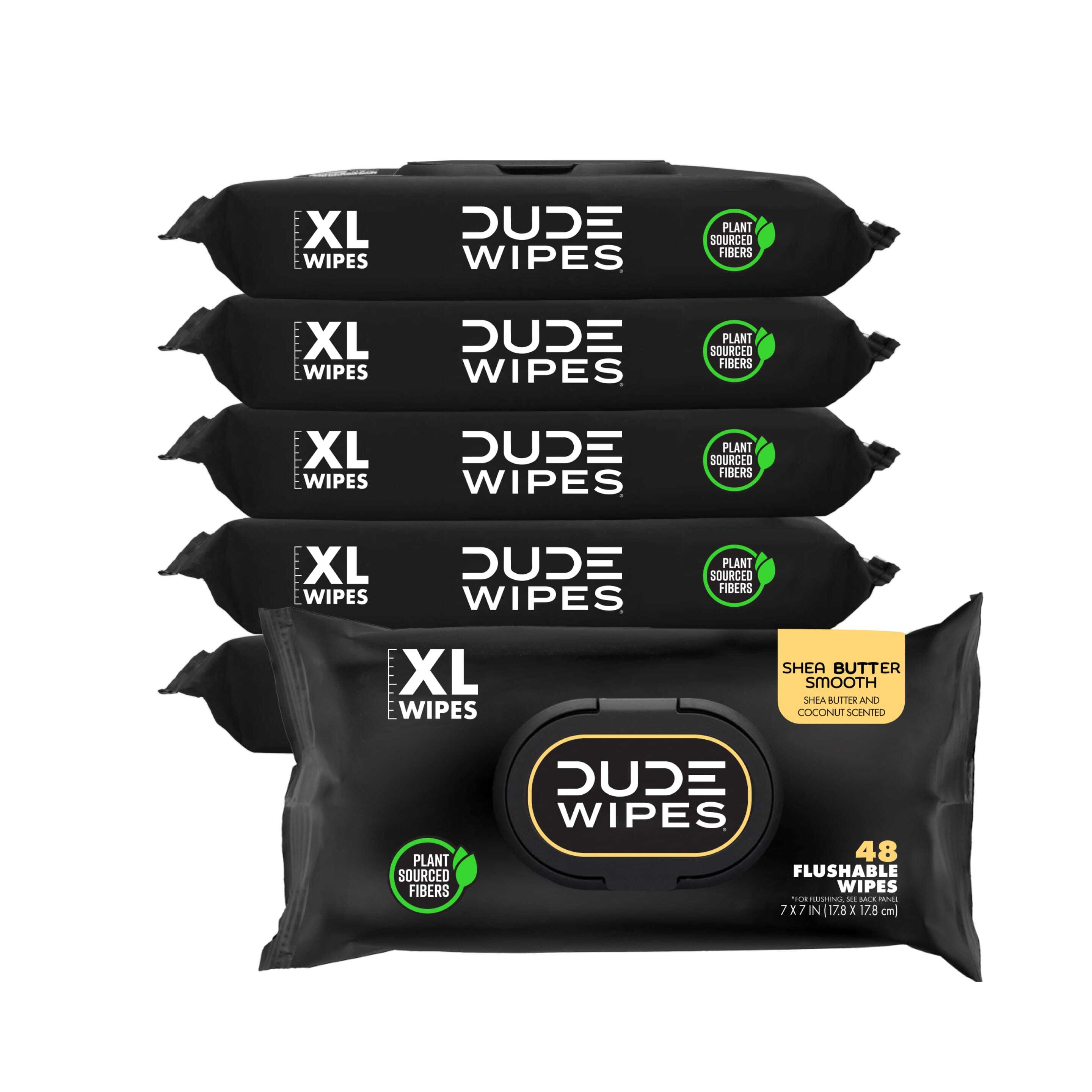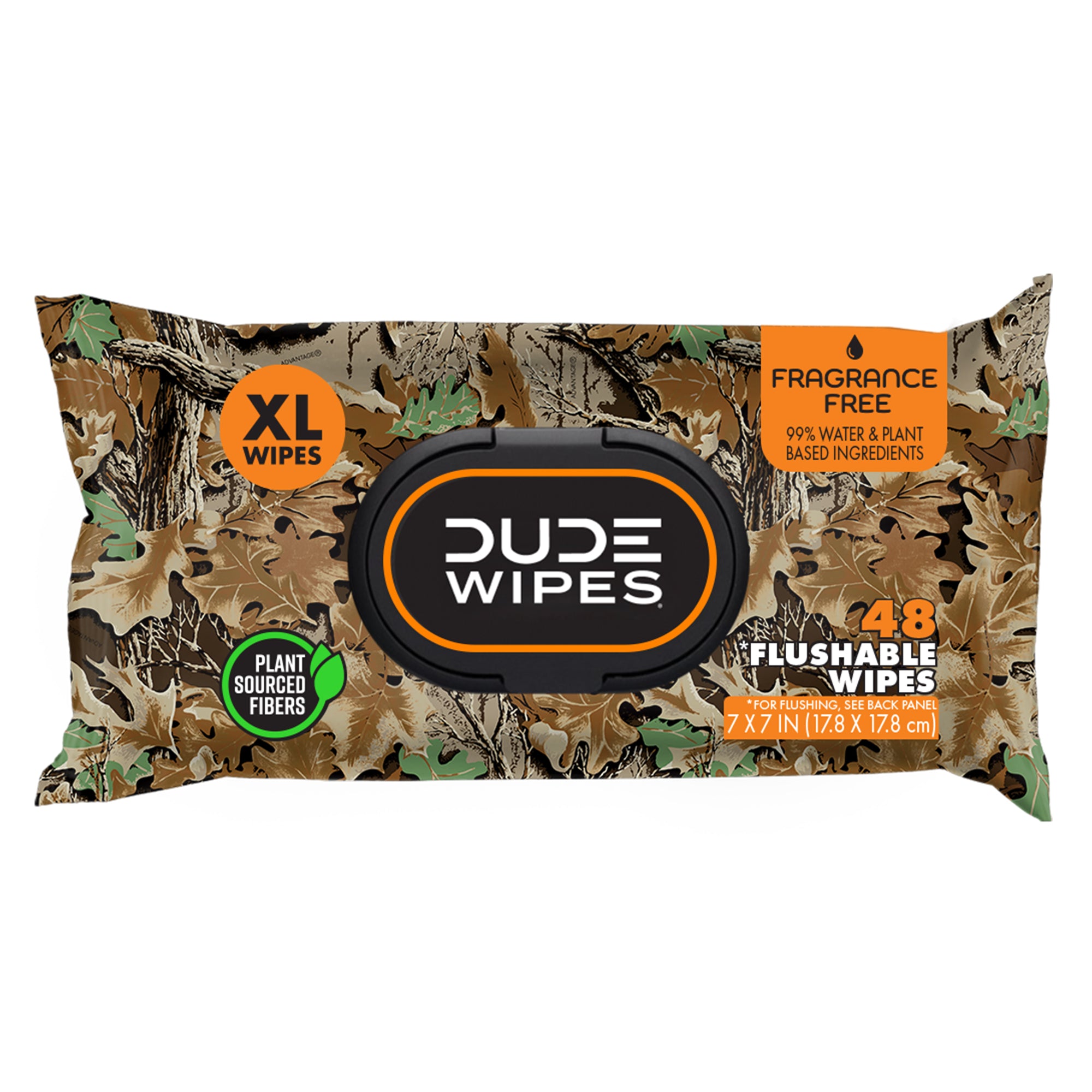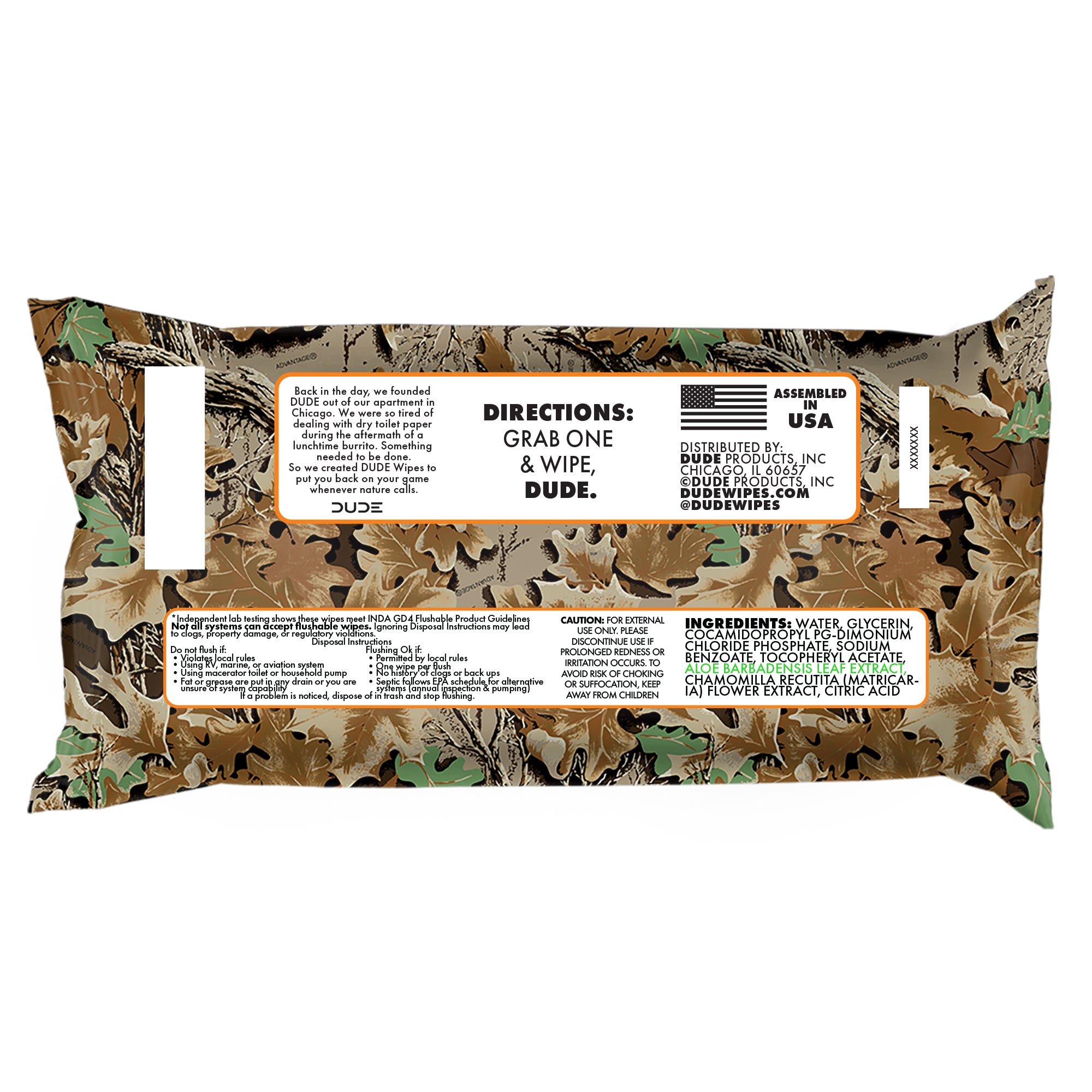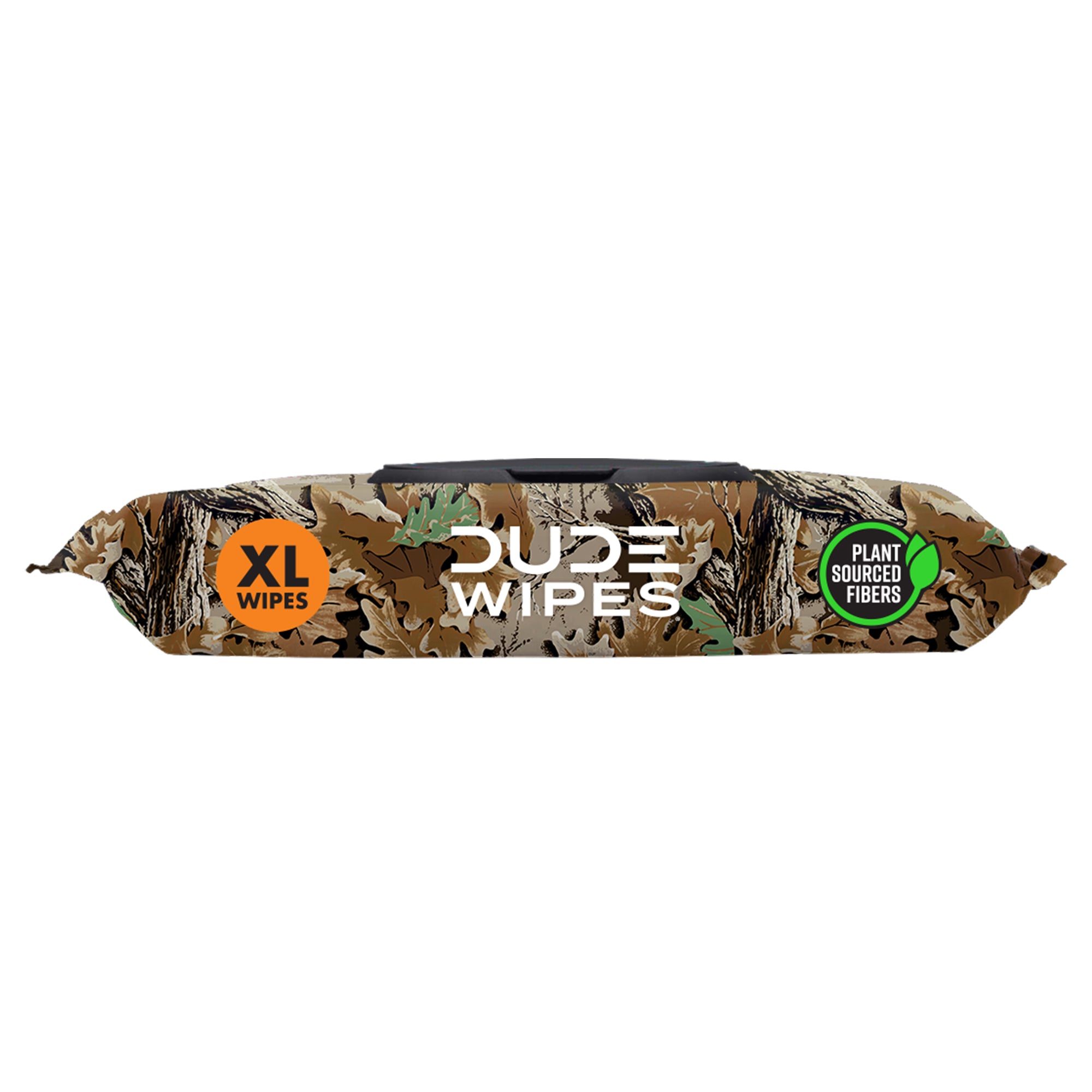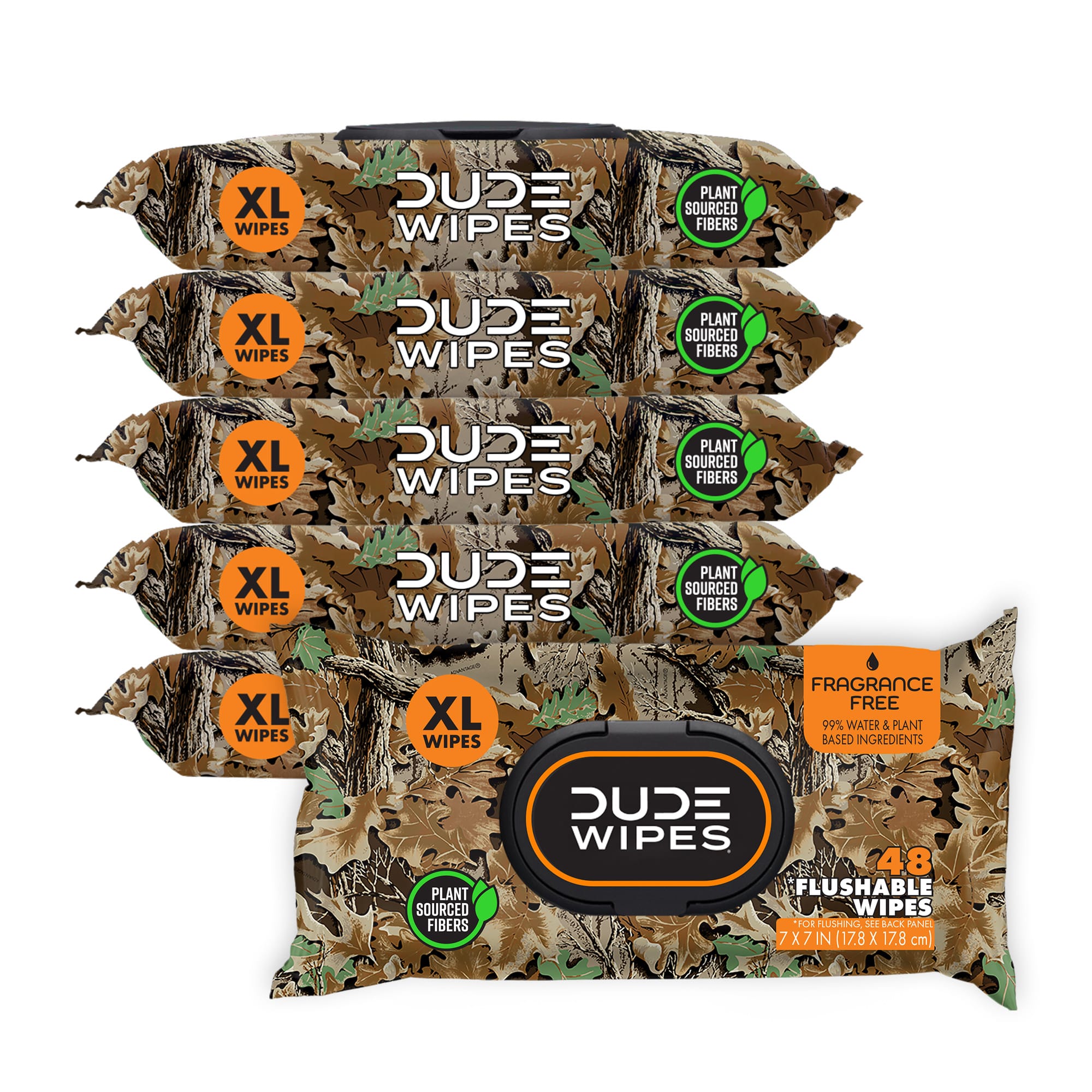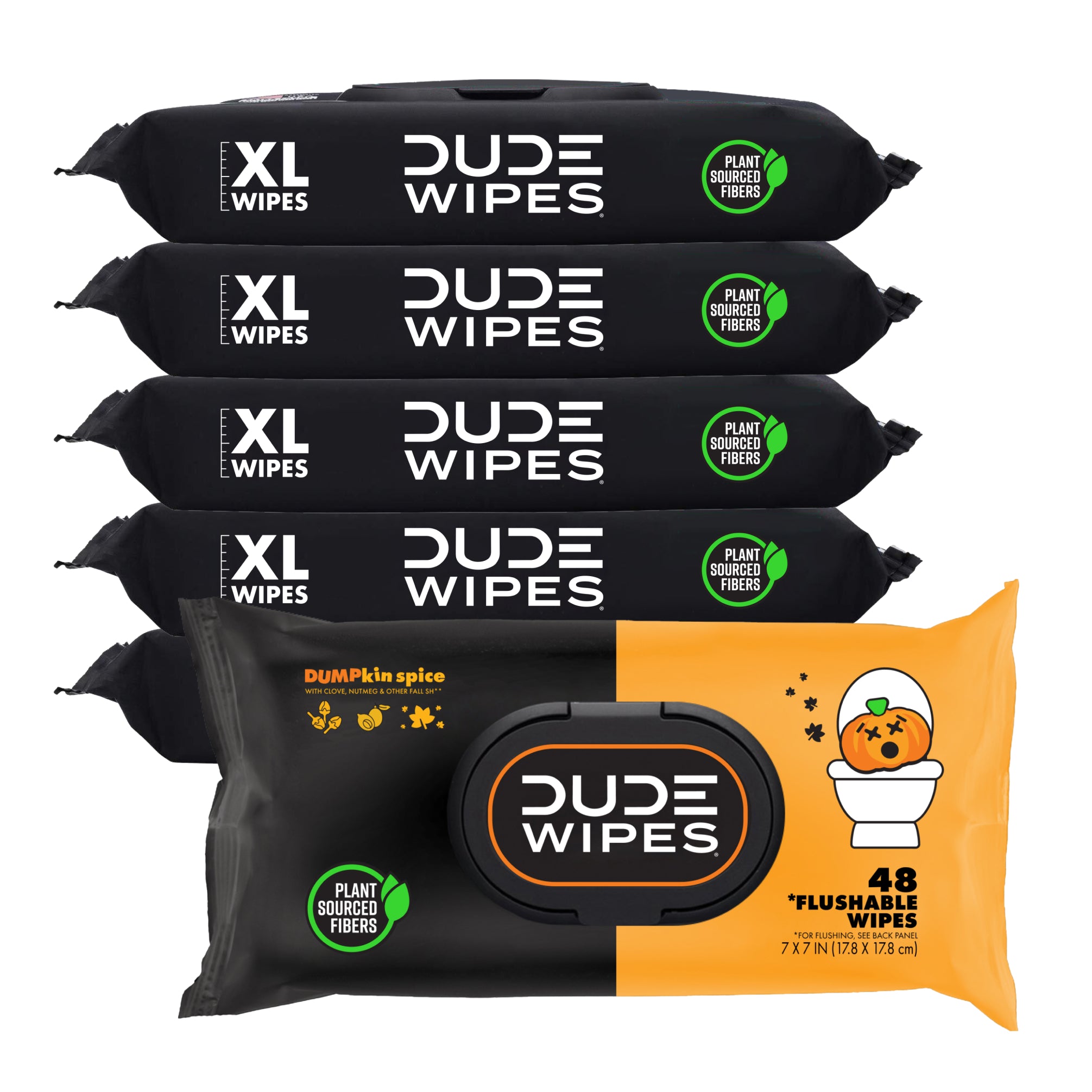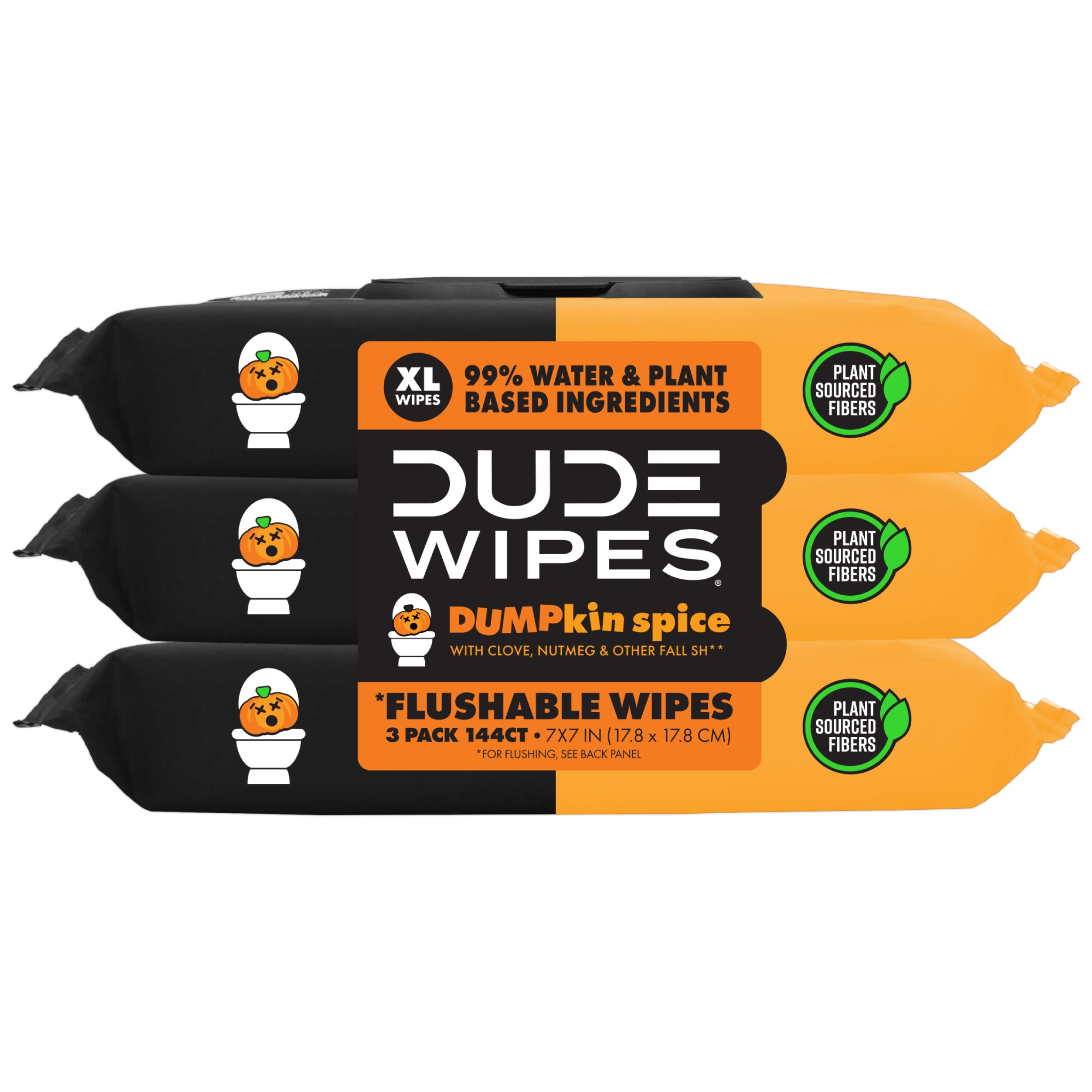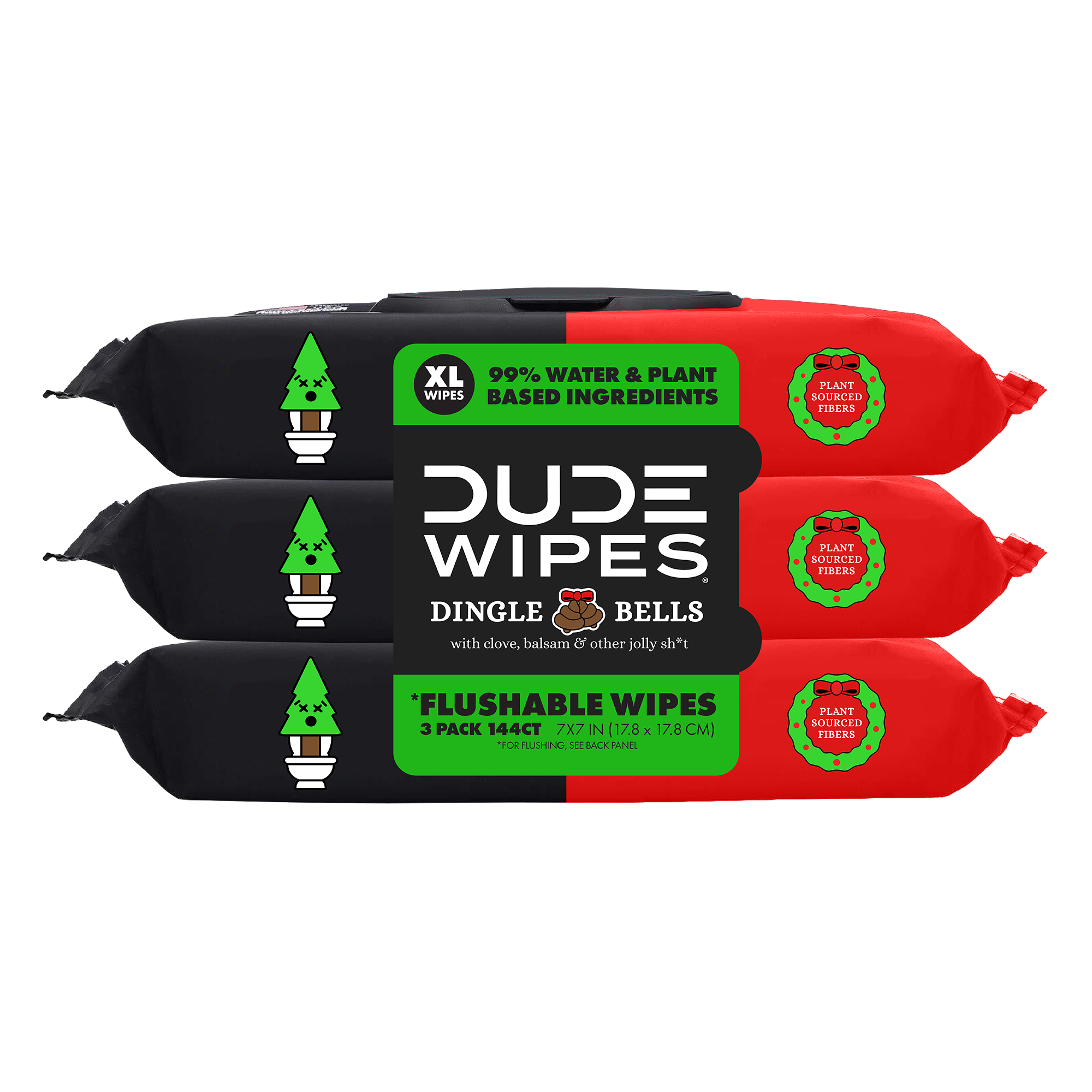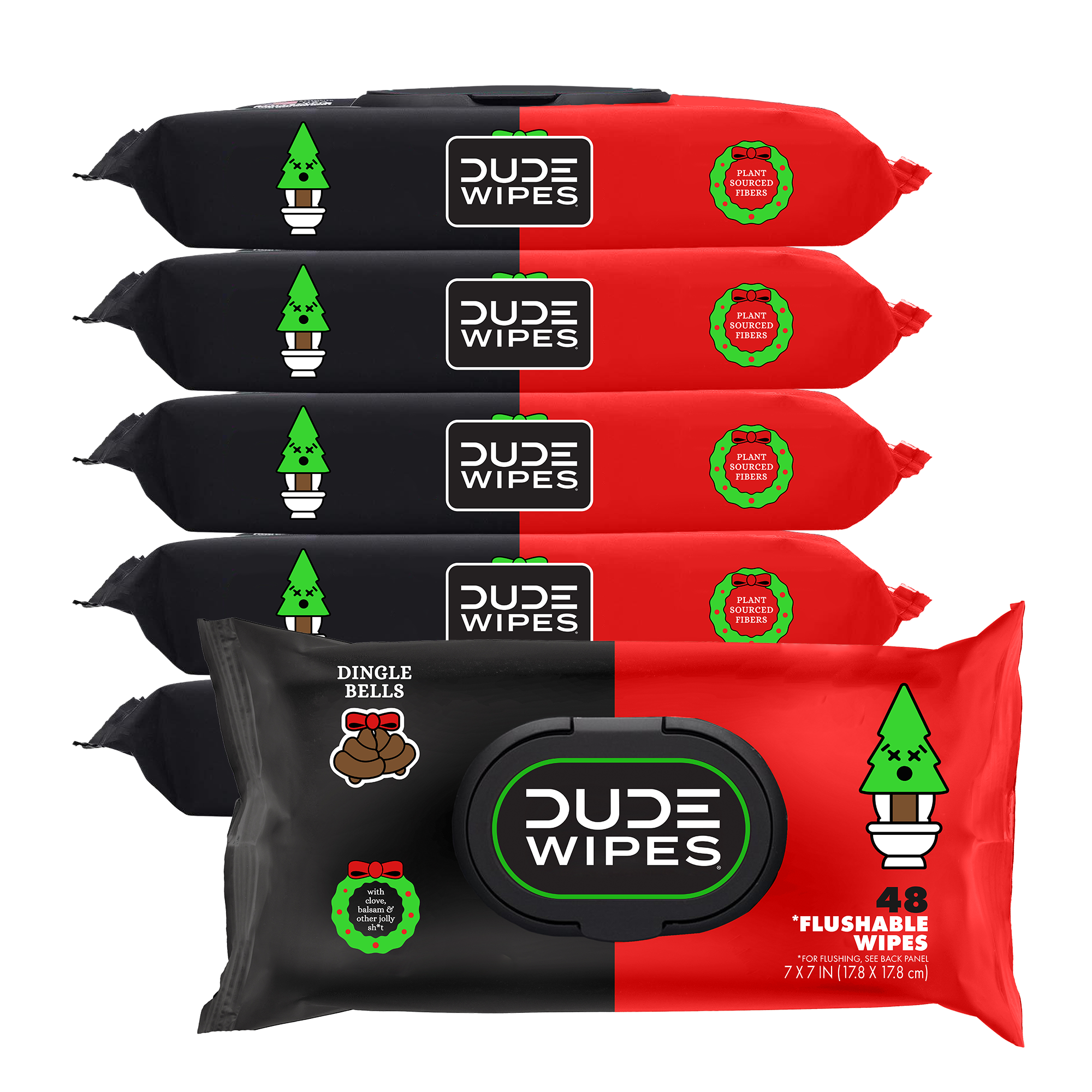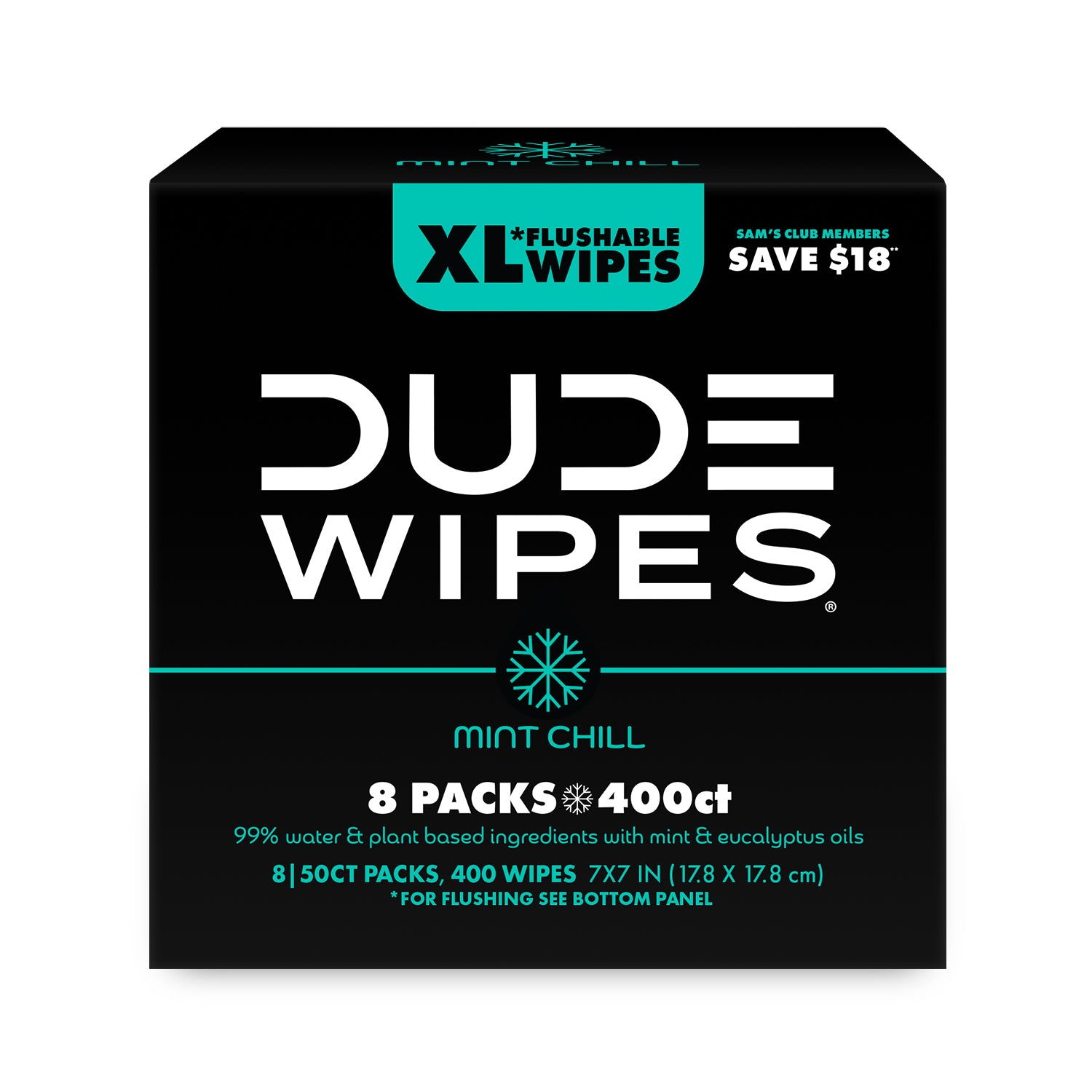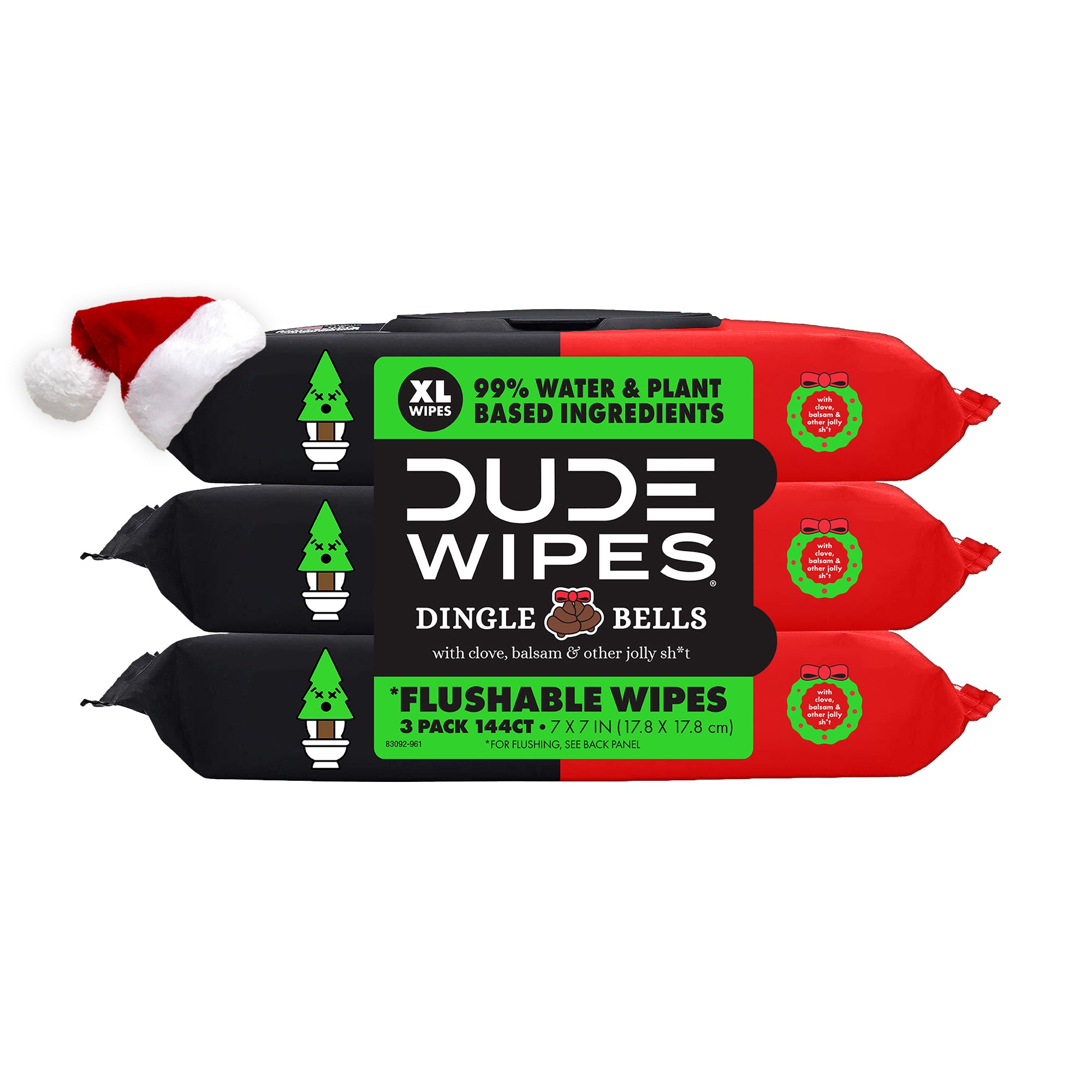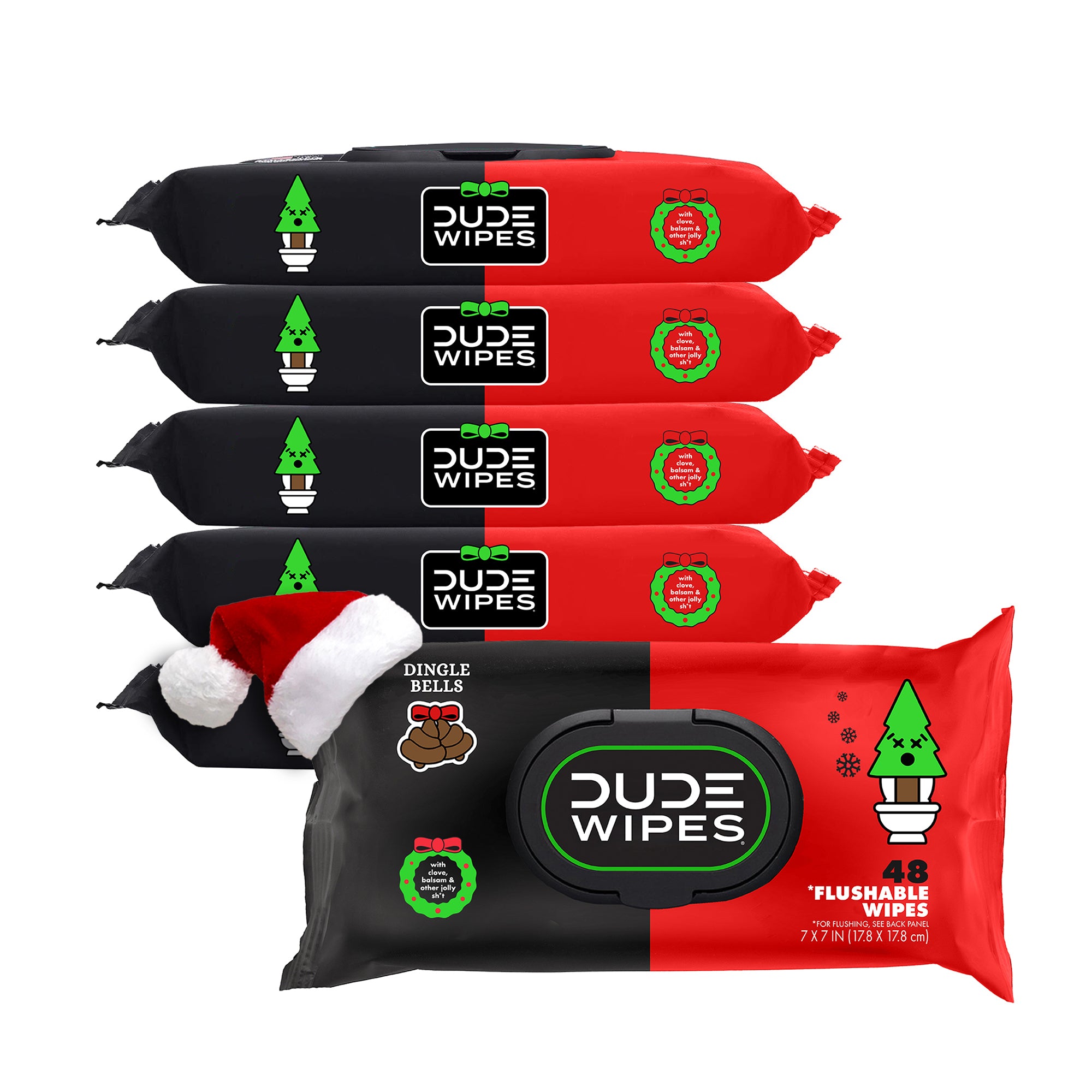Is there anything worse than walking into the gym — amped up for a killer workout after you just slammed some pre-workout (or dry scooped some pre-workout powder) — only to feel your stomach immediately drop and turn your butthole into Jackson Pollock and the gym toilet into a canvas?
Probably shitting your pants. But this is still a close second.
We’ve all wondered (while sitting on the gym toilet) if that pre-workout we just slammed is the sole reason why we just had bowel movements of epic proportions, but is one of the side effects of pre-workout really a strong laxative effect?
Does Pre-Workout Make You Poop?
Pre-workout with high doses of caffeine, sugar alcohols, and nitric oxide boosters can make you poop, especially right after you drink it. Large amounts of caffeine jack up your gut motility or the contractions in your digestive tract. Sugar alcohols suck water into the intestines, which loosens your stools. And nitric oxide boosters increase blood flow throughout your body, including your colon.
Oh yeah, all three of these ingredients can make you stim out, too.
3 Other Factors that Contribute to Pre-Workout Pooping
Aside from the actual ingredients in your pre-workout powder, here are some other reasons you might have to pop a squat after a scoop.
The Time of Day You Take Pre-Workout
If you work out in the morning, you may want to cut out the pre-workout or move your workouts to later in the day. When you wake up, your body’s natural circadian rhythm activates your digestive system, so pre-workout supplements can add fuel to the fire. You’re also dehydrated in the morning, and a stomach with little to no water in it can’t soften the blow that an influx of stimulants will hit your system with.
Later in the day — ideally a few hours after lunch — your digestive system is less active than in the morning. Your hydration levels also rise throughout the day, so the water in your stomach can absorb more of the punch that pre-workout packs.
The Dosage of Pre-Workout You Take
It’s pretty simple: The higher the dosage of pre-workout you take, the higher the caffeine content, sugar alcohol levels, and amount of nitric oxide boosters you’re dumping into your system, which can all send you running to the toilet within minutes.
The dosage of pre-workout to take depends on your sensitivity to stimulants, but consider following the recommended dosage listed on the packaging of your pre-workout supplement. And if you just started using it, consider taking the lower end of this recommended dosage.
What You Ate (or Didn’t Eat) Before Working Out
As we mentioned before, taking pre-workout on an empty stomach lets its stimulants hit your system like a bomb (in the toilet). Eating a meal before you take pre-workout can soften this blow. But the food that you eat and the timing of this meal can determine whether you’ll be sprinting straight to the bench press or the men’s bathroom when you walk into the gym.
A snack or light meal that has equal parts protein and carbohydrates (peanut butter on toast with a banana anyone?) and is eaten half an hour before you take your pre-workout supplement can do the trick. Eating high-fiber meals like fruits, vegetables, and whole grains can trigger a turd. So can high-fat and greasy meals that cause digestive issues like a cheeseburger. These turds are much looser, too.
You also want to give your system time to digest this meal because dumping pre-workout into your stomach during the digestion process can increase your gut motility or the contractions in your digestive tract.
How to Choose a Pre-Workout That Won’t Make You Poop
If you don’t want a case of the Hershey squirts to sabotage arm day, follow these three tips.
Watch the Caffeine Levels
Low-caffeine and even caffeine-free pre-workout is available on the market, so consider these different pre-workouts if your current pre-workout supplement has you squatting over the toilet instead of squatting a new PR.
Low-caffeine pre-workout supplements usually contain 50-175 milligrams of caffeine per serving compared to the traditional 200-300 milligrams. Caffeine-free pre-workout supplements cut the caffeine but still contain nitric oxide boosters that give you a boost of energy.
Steer Clear of Sugar Alcohols
Sugar alcohols are added to pre-workout supplements as sweeteners to slash their sugar levels and calorie count, so you can definitely find brands without any sugar alcohols.
Some options will slap “No Sugar Alcohols” right on their packaging. For the ones that don’t, check the label for sorbitol, erythritol, xylitol, maltitol, or mannitol, which are common sugar alcohols added to pre-workout supplements. You can also opt for unflavored pre-workout supplements or pre-workout with a natural sweetener like Stevia or Monk Fruit.
Look for Simple Formulas
Simple formula pre-workouts include and clearly label the essential ingredients that get you amped for your workout like caffeine, beta-alanine, citrulline malate, creatine, BCAAs or EAAs, and electrolytes but do away with the added stimulants, artificial sweeteners, and fillers that are common pre-workout ingredients.
We’ll Handle Your Pre-Workout Poops
If you follow our guidance, pre-workout poops should be a thing of the past. Butt just in case they strike, remember to pack DUDE Wipes in your gym bag. Whether you shart your shorts mid-squat or just need to clean your undercarriage in lieu of a full shower, we’ve got your back(side).

